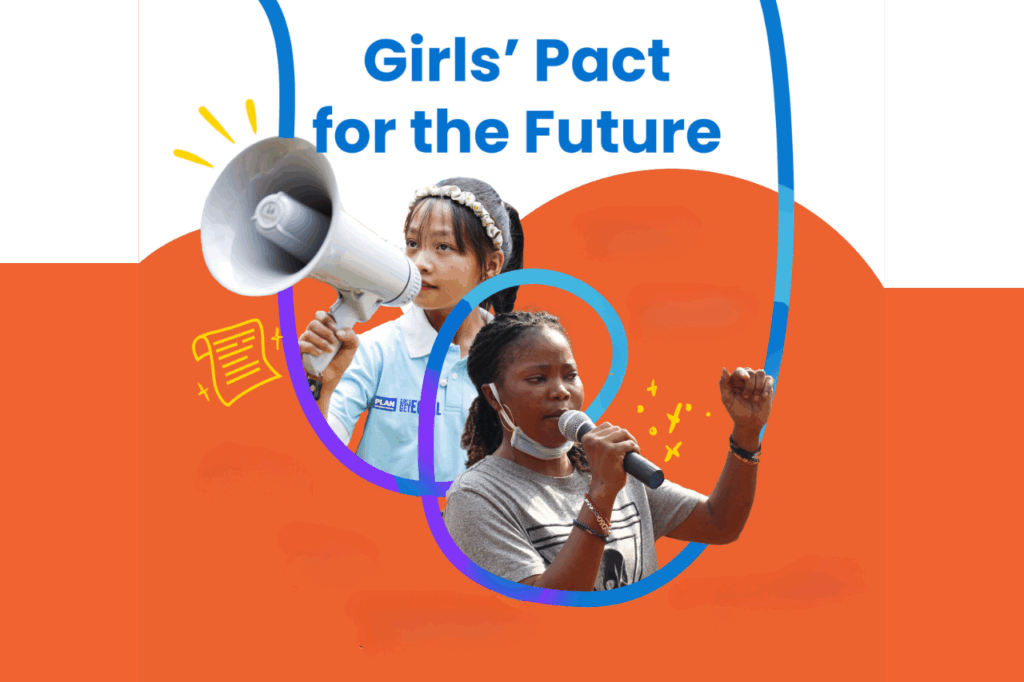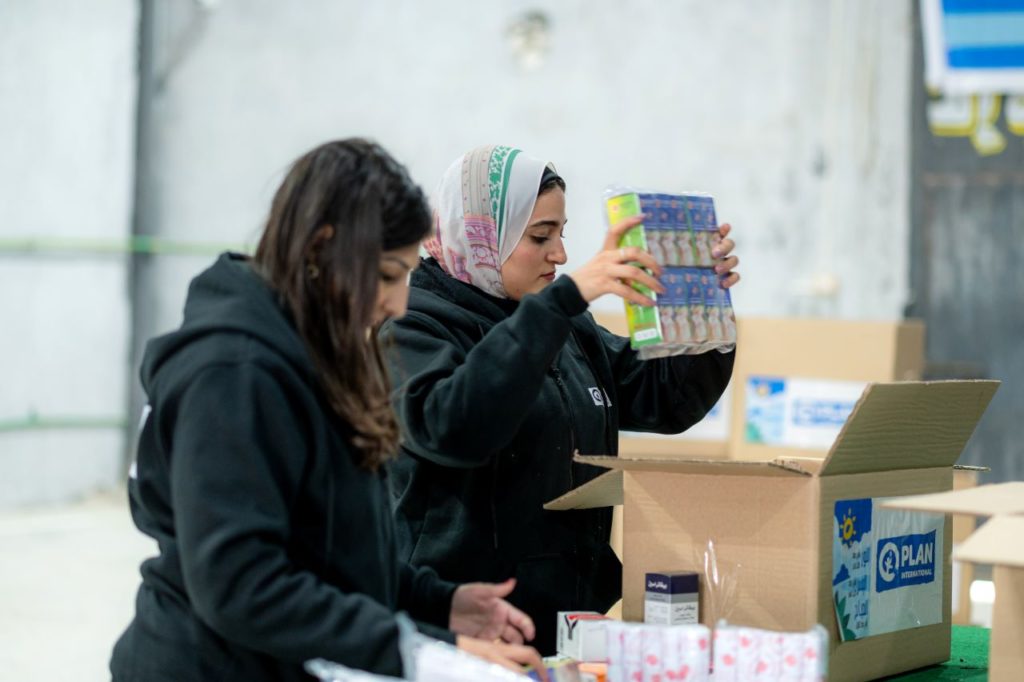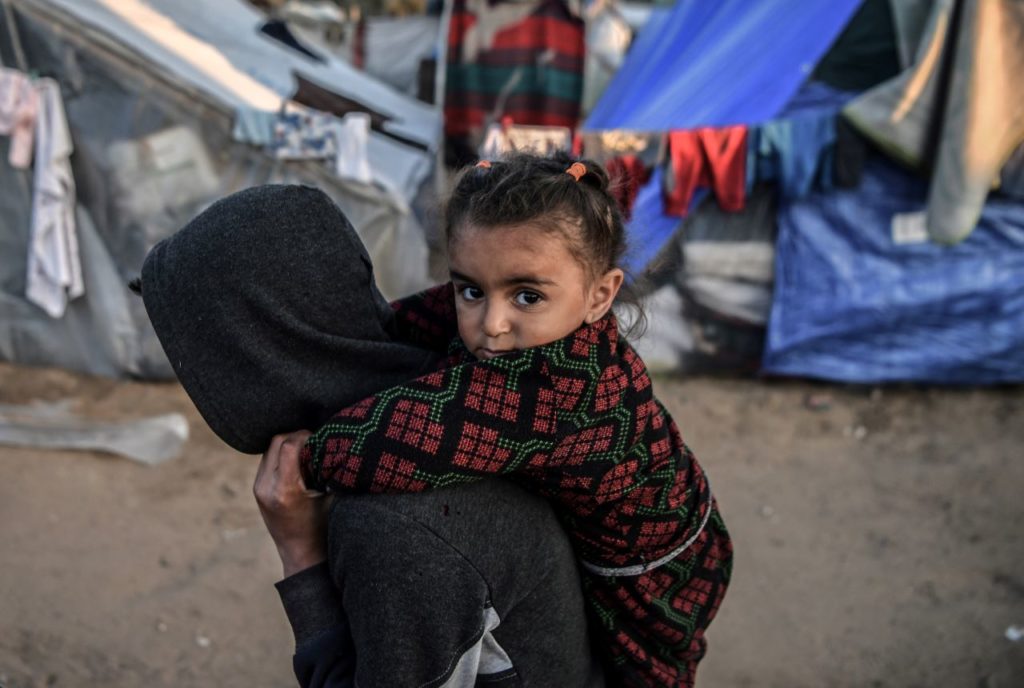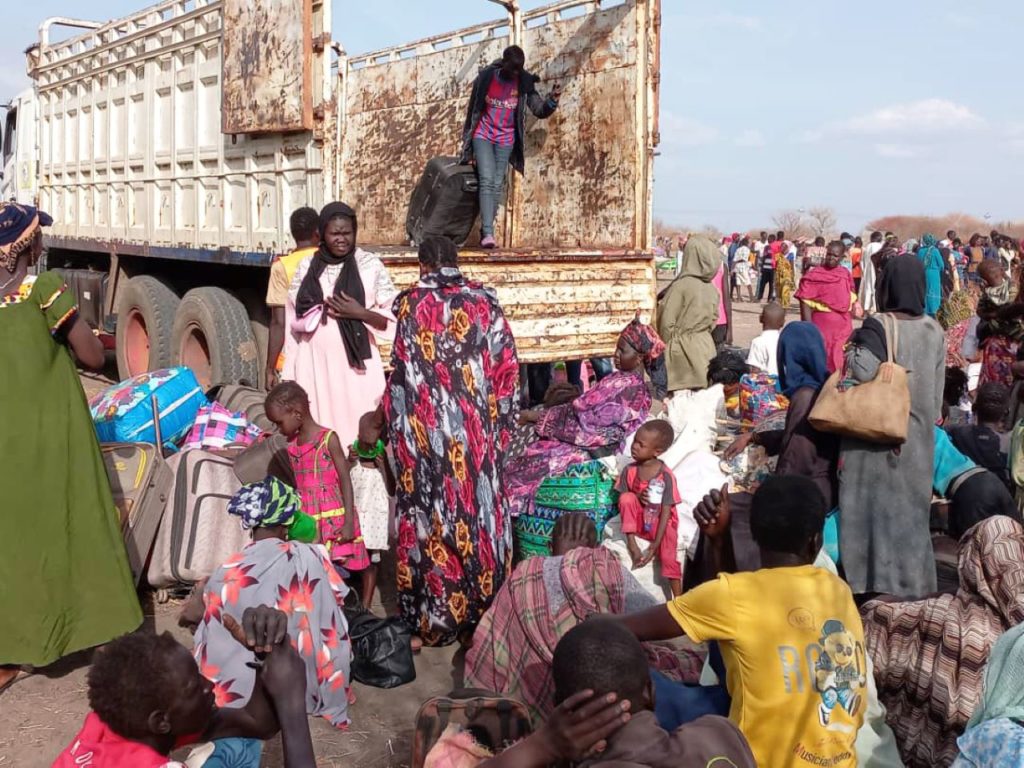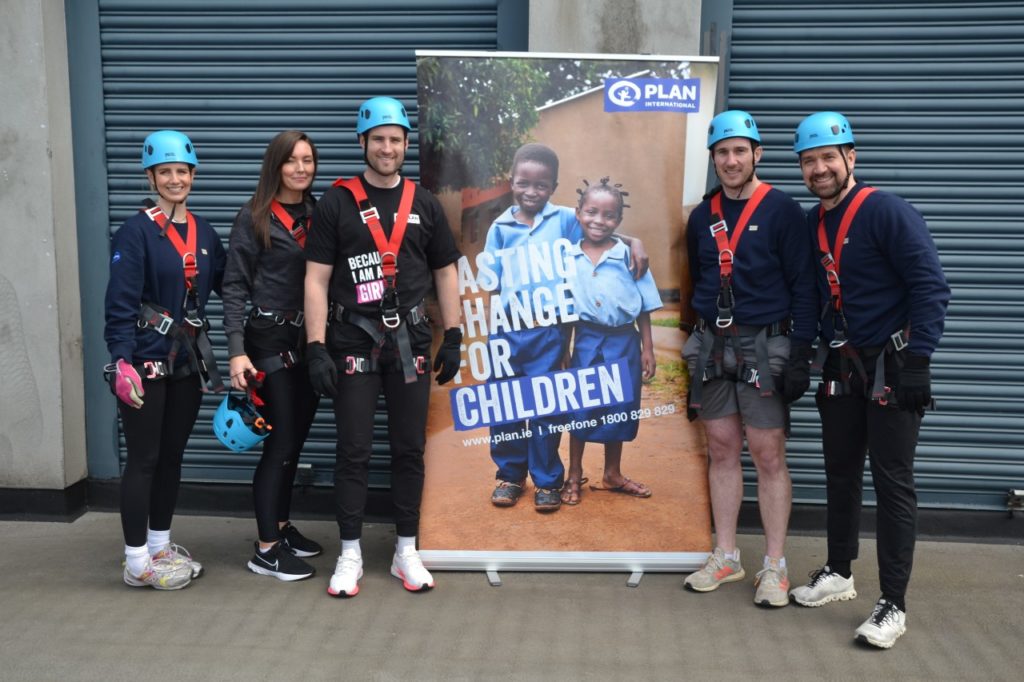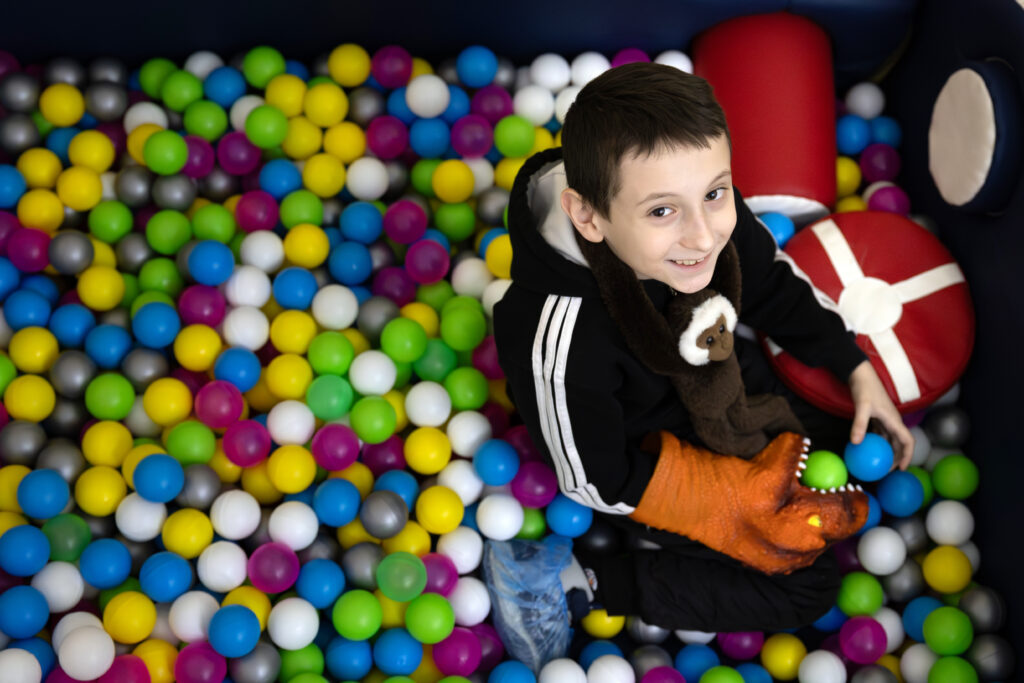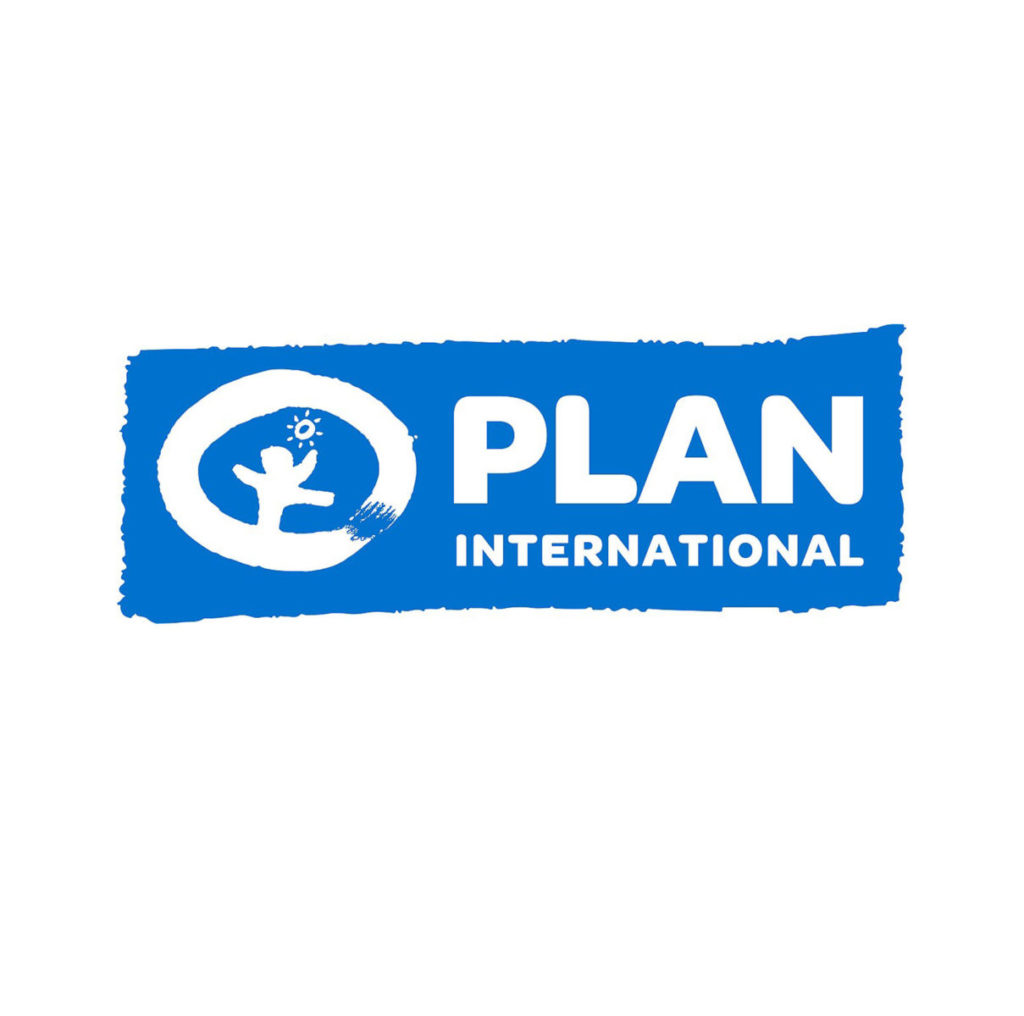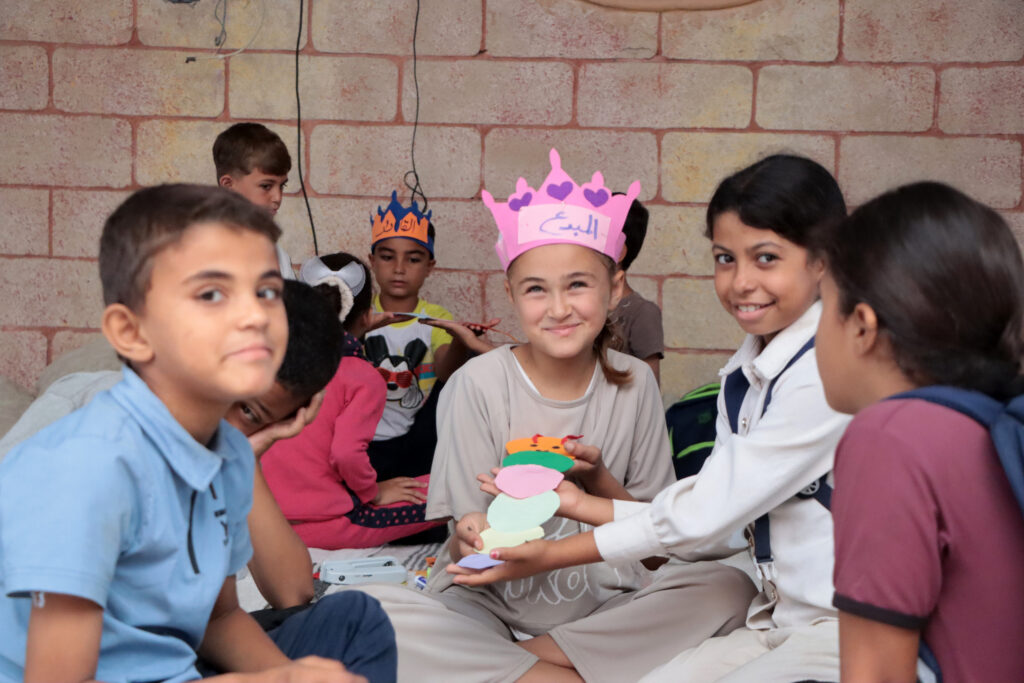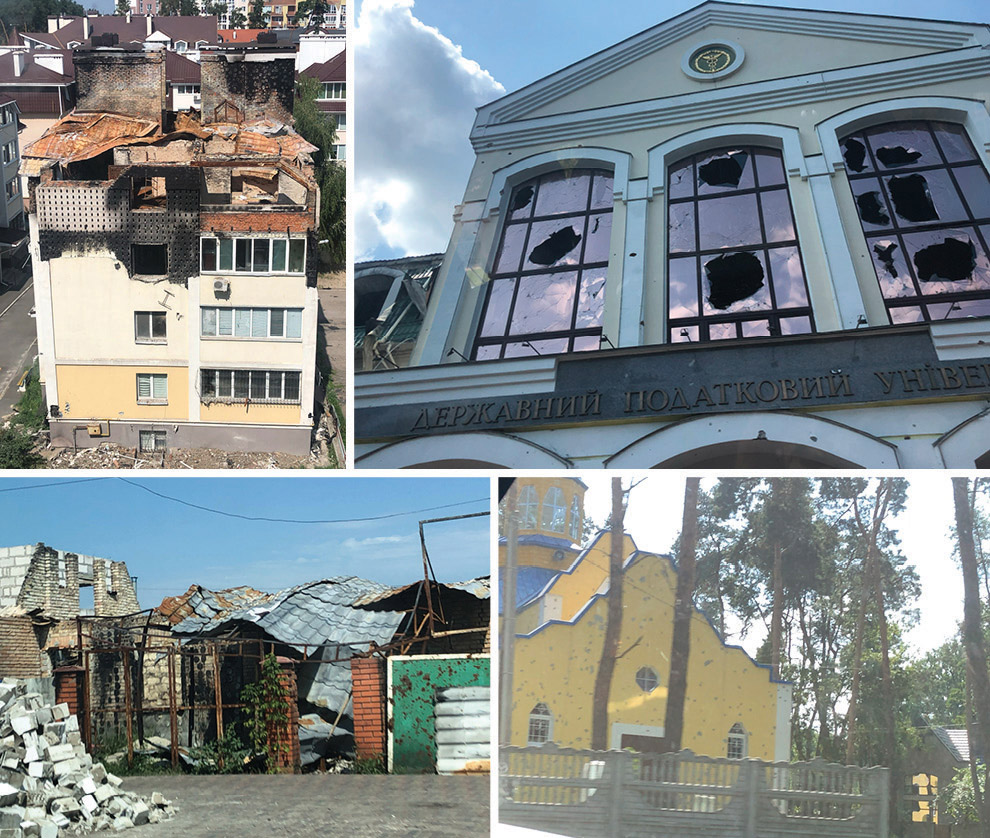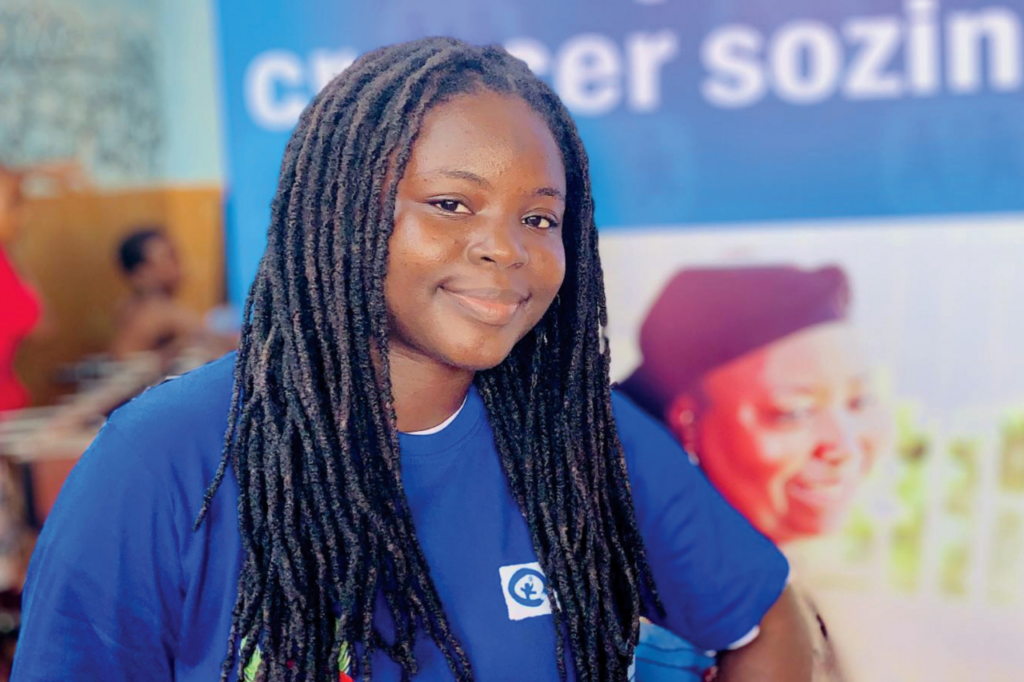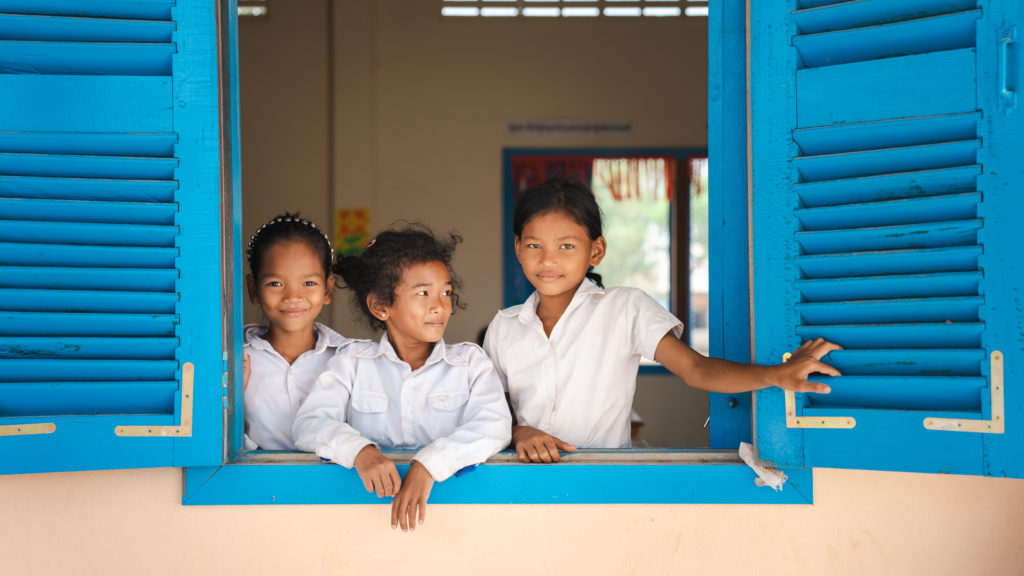This article by Louise Allen originally appeared on Plan-international.org.
Displaced women and girls in Ukraine and in refugee host countries are facing increased risks of gender-based violence (GBV), including physical and sexual violence, sexual harassment and abuse, and trafficking. Within Ukraine, there are widespread reports of conflict-related sexual violence, including against men and boys. In addition, GBV is occurring in shelters, transit facilities and unvetted private accommodation.
LGBTQI+ persons are among those with heightened vulnerabilities to exploitation, violence and abuse and are met with additional barriers in accessing humanitarian aid, safe accommodation and GBV services. Plan International’s partners in Ukraine, Moldova, Poland and Romania, are among the many organisations working tirelessly to provide much needed services to GBV survivors, including those who have been forcibly displaced by the conflict in Ukraine. Plan International is proud to partner with these organisations and others in its partner-led response to the Ukraine conflict.
A-partner led response is at the heart of our work across the Ukraine refugee crisis
For over 15 years, Convictus Ukraine has been working towards ending gender-based violence. It was among the first NGOs to open a shelter for GBV survivors in Kyiv and now and has an extensive network of shelters across Ukraine. Since the outbreak of the conflict, GBV services have been significantly disrupted and first responders including police, health providers and the judiciary have been prioritising conflict-related matters over GBV cases.
Local NGO service providers are in greater need than ever. Convictus Ukraine staff flagged that GBV information within refugee transit and placement centres must be disseminated urgently, including how to address and prevent increased vulnerabilities for displaced persons to sexual violence, sexual exploitation or abuse, and trafficking. NGOs have a key role to play in destigmatising GBV and continuing with education and awareness raising initiatives. Convictus Ukraine staff believe there is a greater reluctance and heightened stigma among survivors of GBV to report their experiences of violence during the ongoing conflict.
Perpetrators are not being held to account due to silence and inaction
STIMUL is working in northern Moldova to teach school-aged children, from pre-school to high school, about gender equality and the importance of preventing gender-based violence. Its awareness raising within schools started when it identified a need for the education system to adopt a different approach to GBV prevention. STIMUL is also undertaking community-level sensitisation with local leaders. Across many communities, local leaders continue to deny the occurrence of GBV within their districts, therefore perpetrators are not being held to account due to silence and inaction. STIMUL staff explained that Moldova lacks trained GBV case management specialists and national laws banning GBV are not enforced by local authorities including police. Since the start of the conflict in Ukraine, SITMUL has been providing first aid, food and hygiene kits to refugees from Ukraine currently in Moldova, as well referral information and psychosocial support to survivors of GBV from Ukraine. STIMUL staff have spoken of the need for clearer information to be made available to refugees coming across the border from Ukraine.
As trust grows in Romania we hope more survivors will seek help
ADRA Romania has been working to prevent GBV in Romania for 14 years. It runs awareness-raising campaigns, conducts targeted outreach sessions in schools and universities to teach students about respectful relationships and works closely with national and local authorities on GVB sensitisation. ADRA also has a network of shelters across Romania. These provide emergency accommodation for a limited time to women and their children fleeing violence. There are however too few shelters across Romania with some organisations recently needing to close due to a lack of funding. An ADRA caseworker emphasised targeted services for elderly women and women with disabilities are in even shorter supply. ADRA anticipates that as trust grows in Romanian services and service providers, more GBV survivors from Ukraine will seek out help about past or current experiences or as it relates to sexual harassment and exploitation.
HumanDoc in Poland provides psychosocial support to GBV survivors and runs multi-media information and awareness campaigns. These highlight different forms of GBV (ie physical and sexual violence, psychological and financial violence, as well as gender-based hate speech) and work to counter the cultural normalisation of violence against women within Polish society and harmful gender stereotypes. Part of HumanDoc’s work is to build trust in the communities that it works in, including among refugees from Ukraine, to encourage further reporting of GBV cases. GBV prevention and referral pathway information is rarely available in Ukrainian, adding another barrier for refugee GBV survivors from Ukraine from seeking help.
Bringing our age and gender-transformative expertise to crisis response
The experiences of Plan International’s partners across the four countries highlight the importance of scaling up specialist survivor centred GBV services in times of crisis and ensuring these are available to all affected populations, including in the languages spoken by survivors. A-partner led response is at the heart of Plan International’s work across the Ukraine refugee crisis.
As of December 2022, Plan International is working with around 40 partners across Ukraine, Moldova, Poland and Romania to implement a muti-sectoral response to the Ukraine refugee crisis which ensures that gender, age and diversity perspectives are taken into account by humanitarian actors, decision makers and donors.
